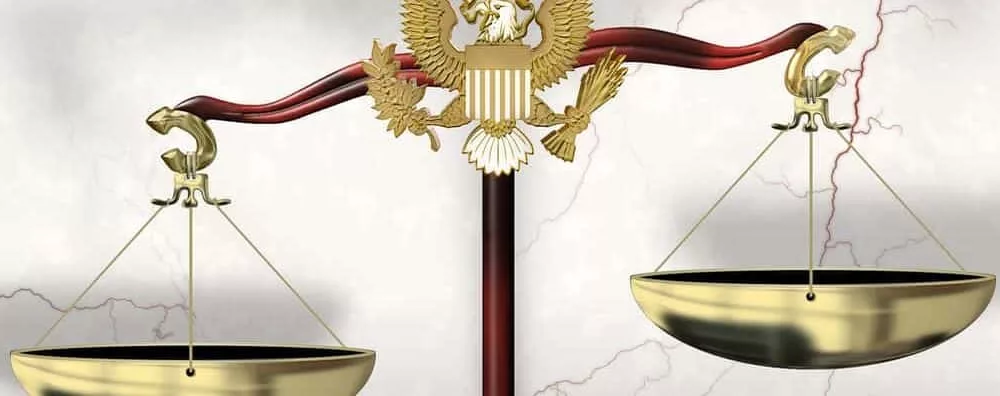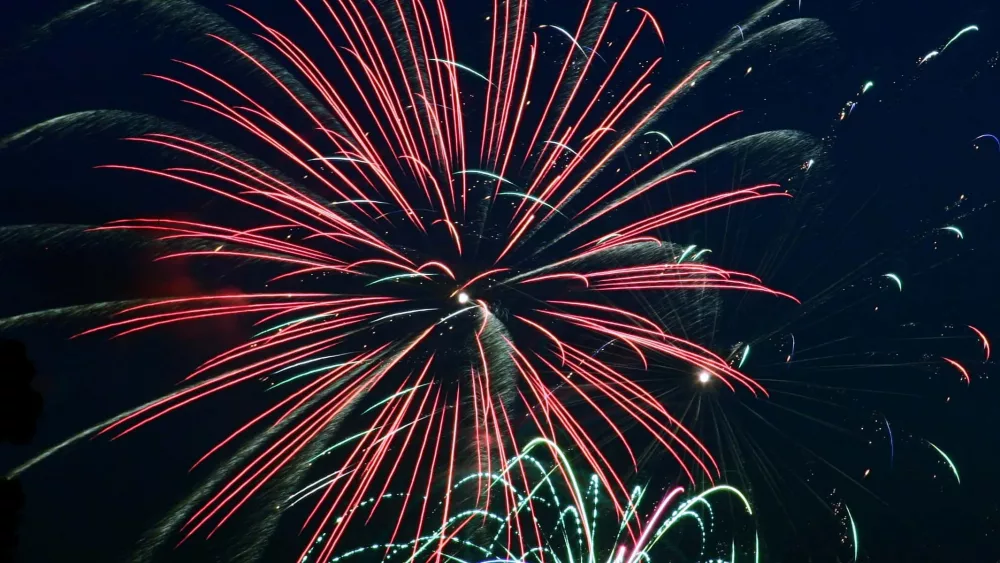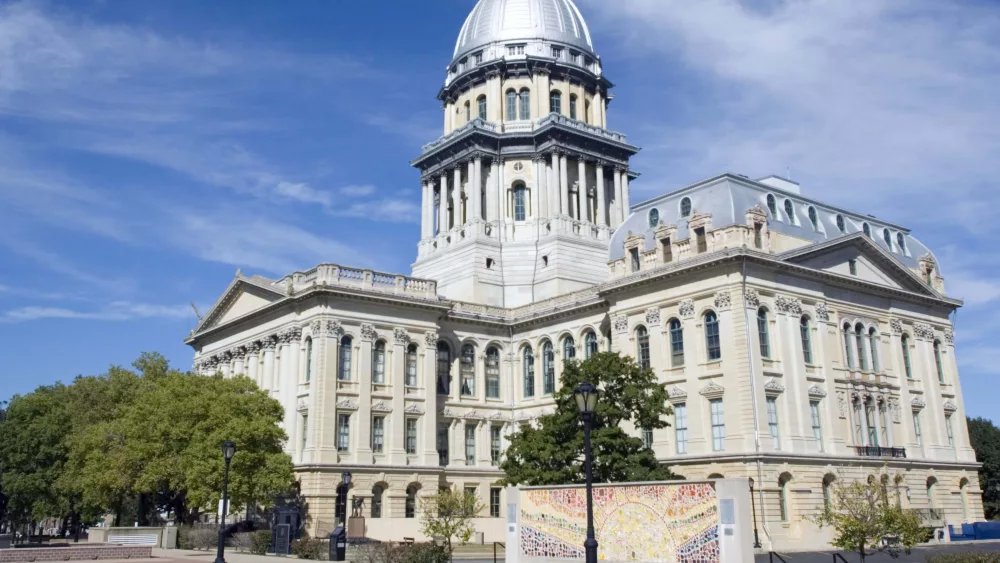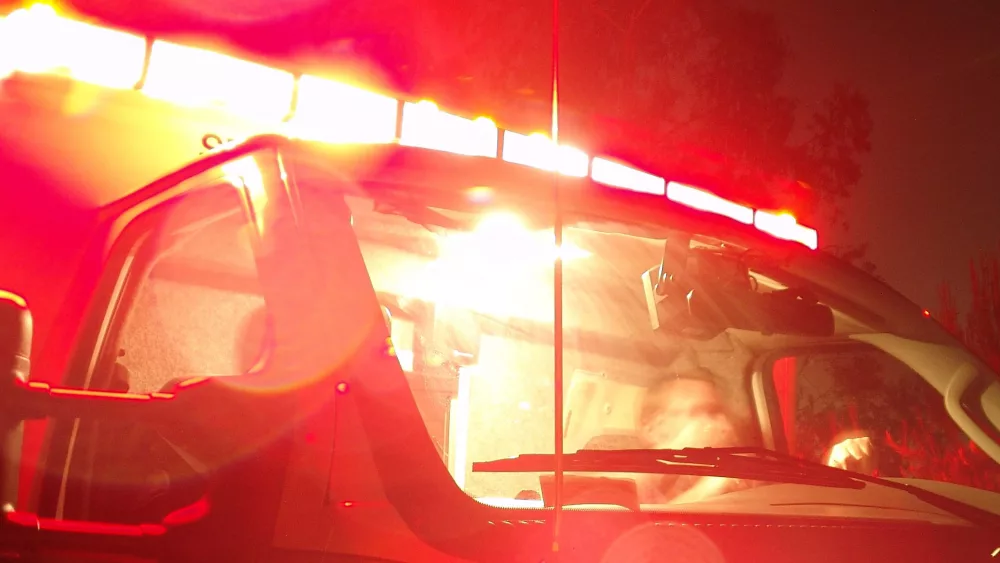SPRINGFIELD, Ill. (IRN) — The stage is being set for a federal court to hear the merits of a legal challenge to Illinois’ gun and magazine ban.
Southern District of Illinois federal Judge Stephen McGlynn is expediting the case challenging Illinois’ gun ban, despite some plaintiffs wanting to delay a trial so they can attempt to have a hearing with the U.S. Supreme Court.
During a scheduling conference Friday, several plaintiffs groups and the state defendants requested to hold off on scheduling evidentiary hearings in the consolidated Barnett v. Raoul case in the Southern District. They’re looking to appeal to the U.S. Supreme Court.
“Not gonna happen,” McGlynn said. “We’re going to conduct a hearing and I’m going to address all the questions of fact and I’m going to apply the law to the questions of fact and I’m going to have a clearly defined record and we’re going to move at deliberate speed.”
McGlynn noted that the case has already been tied up for nearly a year on preliminary issues.
“We’ve had substantial delay in trying to get this case resolved on the initial pleadings and that has not succeeded,” he said. “My job as a trial judge is to get this case moving and to get the factual issues developed and resolved.”
Thomas Maag, who represents the Langley plaintiffs group, agreed with the judge and said there are people being irreparably harmed right now.
“Our governor and the legislature have made felons out of millions of Illinois citizens and that needs to be addressed sooner rather than later,” Maag told The Center Square.
Maag said while he agrees with the other plaintiffs groups that they should and will appeal to the U.S. Supreme Court, that doesn’t mean they’ll get a hearing.
“But unless and until the U.S. Supreme Court grants the appeal called a writ of certiorari, we’ve got to proceed and it doesn’t change what’s going on on the ground,” Maag said.
During Friday’s hearing, McGlynn said “assault weapons is not a scientific term, it’s more a political term.”
“We’re going to look at each of these things,” he said. “We’re going to study each of these things. Then having analyzed capability, their design, their uses, then plug in the tests that are or may have been applicable. As I sit here, I anticipate saying this test is articulated in this case, Test B is for different cases.”
Maag, who expects the trial to happen before June, agreed.
“I think that’s appropriate,” Maag said. “Let’s get a ruling on each individual item and we’ll know what’s constitutional and what’s not and I think most of this statute will ultimately fall.”
Plaintiffs attorneys are to confer on how to move forward and compile the lists of witnesses and experts they hope to present. A status hearing is set for the afternoon of Feb. 2.
“This is going to be on an expedited docket,” McGlynn said. “Because we owe it to everybody involved to get at least at the district court level, since the [Seventh Circuit U.S. Court of Appeals] said this is a case that cannot be resolved, cannot be resolved by preliminary injunctive relief, it has to go to declaratory judgment.”
A motion for a preliminary injunction in the consolidated cases was heard in May of last year. McGlynn issued the injunction in late April. The state appealed to the Seventh Circuit, which put a hold on the injunction in early June.
In November, a three-judge panel of the Seventh Circuit said the state had a likelihood of advancing on the merits. Attempts to appeal that ruling to the U.S. Supreme Court have since failed. More attempts are expected, though McGlynn made it clear he is moving forward with the district court trial.
“The U.S. Supreme Court can always take cert but until then we are now in the evidentiary phase of this hearing,” McGlynn said. “This is a request for declaratory judgment and I’m going to declare one way or another based upon the facts. I’m going to keep a short leash on this.”
By GREG BISHOP for the Illinois Radio Network












